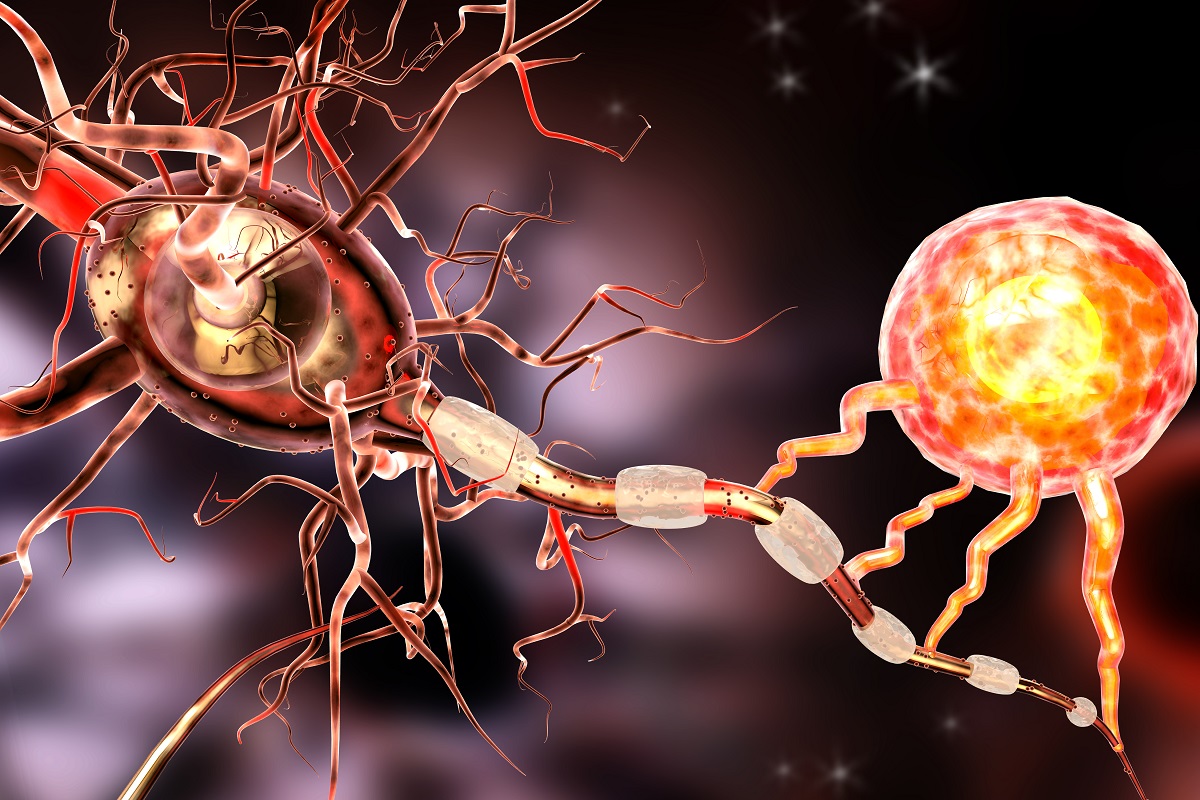KEY TAKEAWAYS
- The study aimed to investigate the causal link between COVID-19 and laryngeal cancer using two-sample Mendelian randomization.
- The study highlighted the COVID-19, genetics, and laryngeal cancer interactions, guiding future immune response research, especially IFNAR2.
Viral infections have been implicated as a risk factor for laryngeal cancer. Considering the potential effects of Coronavirus Disease 2019 (COVID-19) on laryngeal and head and neck cancer tissues, further investigation is warranted.
Heng Wang and the team aimed to find a causal relationship between COVID-19 and laryngeal cancer utilizing a two-sample Mendelian randomization (MR) approach.
The study utilized genetic data from the 5th edition of the Genome-Wide Association Studies (GWAS) by the COVID-19 Host Genetics Initiative, published on January 18, 2021, along with a large-scale laryngeal cancer GWAS consisting of 180 cases and 218,612 controls of European ancestry. They applied inverse variance weighting, MR Egger, and weighted median methods to infer causality. Sensitivity analysis was conducted using the “leave-one-out” method to verify robustness.
The results revealed no evidence of a causal association between gene-predicted COVID-19 and laryngeal cancer [OR=0.24 (95% CI, 0.05-1.26), P=0.09]. However, significant inverse associations were observed between gene-predicted COVID-19 hospitalization [OR=0.51 (95% CI, 0.28-0.95), P=0.03] and severe COVID-19 patients [OR=0.62 (95% CI, 0.43-0.90), P=0.01] and laryngeal cancer.
Researchers identified key genetic variants, such as rs13050728, that modulate the expression of interferon alpha receptor 2 (IFNAR2), suggesting possible roles for immune response pathways in both COVID-19 and cancer.
The study concluded that there is a potential interaction between COVID-19 severity, genetic factors, and laryngeal cancer, emphasizing the significance of exploring immune response mechanisms in both conditions.
These findings enhance comprehension of the intricate connections between COVID-19 and laryngeal cancer, potentially directing future research, especially concerning the role of the immune response, notably involving IFNAR2.
Funding was received by the General Program of the National Natural Science Foundation of China.
Source: https://pubmed.ncbi.nlm.nih.gov/38915416/
Wang H, Fang N, Mozumder P, et al. (2024). “Exploring the protective association between COVID-19 infection and laryngeal cancer: insights from a Mendelian randomization study.” Front Immunol. 2024 Jun 10;15:1380982. doi: 10.3389/fimmu.2024.1380982. PMID: 38915416; PMCID: PMC11194353.



